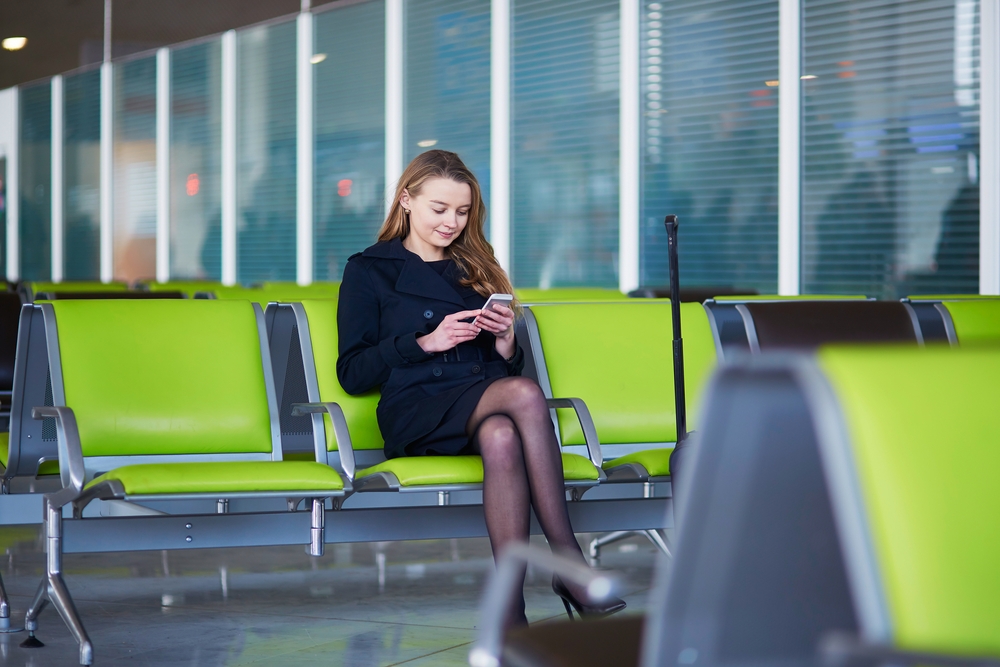Business travelers shouldn't let themselves be waylaid by any inconveniences that can be avoided, especially while in transit. You simply can't afford them, in both the literal and figurative senses of the phrase. But some situations and conditions won't be wished away, and airborne motion sickness counts as one of these. If you're prone to it, any number of nightmare scenarios can hypothetically arise - throwing up on your new dress shirt, not vomiting until an even more inopportune moment, like the midst of a business meeting, becoming dizzy and so on.
However, if this fear is keeping you from buying cheap tickets to Florida for that vital strategic conference to which your company was invited, you don't have to let it. There are some simple ways by which you can limit the risk of developing air sickness and mitigate its seriousness if it does rear its ugly head.
Mind your meals
Food or drink eaten and ingested any later than 24 hours before your flight is airborne will, in no small way, determine whether or not you get sick during your trip. USA Today recommended that nausea-prone flyers stick to light and bland food, try to drink only still or sparkling water during this period and don't eat anything at all in the few hours immediately preceding takeoff. Ideally, make it bottled water, on the off-chance your home tap H2O is overly hard. Waterborne minerals can easily upset one's stomach. Fast food, sweets and spicy, fatty or savory meals are all red flags in terms of pre- or mid-flight meals - just be patient and enjoy them later.
The only soda you should trifle with is ginger ale made with real ginger. It's not overly sweet, and the drink's main ingredient, along with its carbonation, have been known as remedies for nausea since time immemorial.
Comfort is the key
Making sure you're comfortable will go a long way toward mitigating your chances of experiencing air sickness or being overly troubled by its symptoms. According to The Balance, working to relieve anxiety is a major aspect of this, whether you have a generalized form of anxiety or a phobia of flying. Distracting yourself with an in-flight movie can help.
There's also physical comfort to consider. OneMedical pointed out that positioning yourself in a stable area of the plane, such as the central portion over the wing, will help, and also stressed the importance of calming thoughts and mantras.
Using prescription and over-the-counter remedies
Antiemetics like Dramamine or Meclizine might be just what you need, according to OneMedical. They serve a dual purpose, quelling your stomach's protestations while also making you feel drowsy. With any luck, you'll sleep through most of the trip. Over-the-counter antihistamines such as Benadryl also have some antiemetic properties, though they are not the drugs' primary purpose. Severe motion sickness might require a prescription antiemetic, so consult your primary care doctor about this issue well in advance of your business trip.
Additionally, you can turn to supplements that are available over the counter at any pharmacy. Melatonin, for example, is quite calming - not to mention sleep-inducing, so use it sparingly, especially on shorter flights. You'll also likely be able to find ginger capsule supplements at your local Rite Aid or CVS, which can be ideal for those who don't want soda but want ginger's nausea-fighting benefits.
